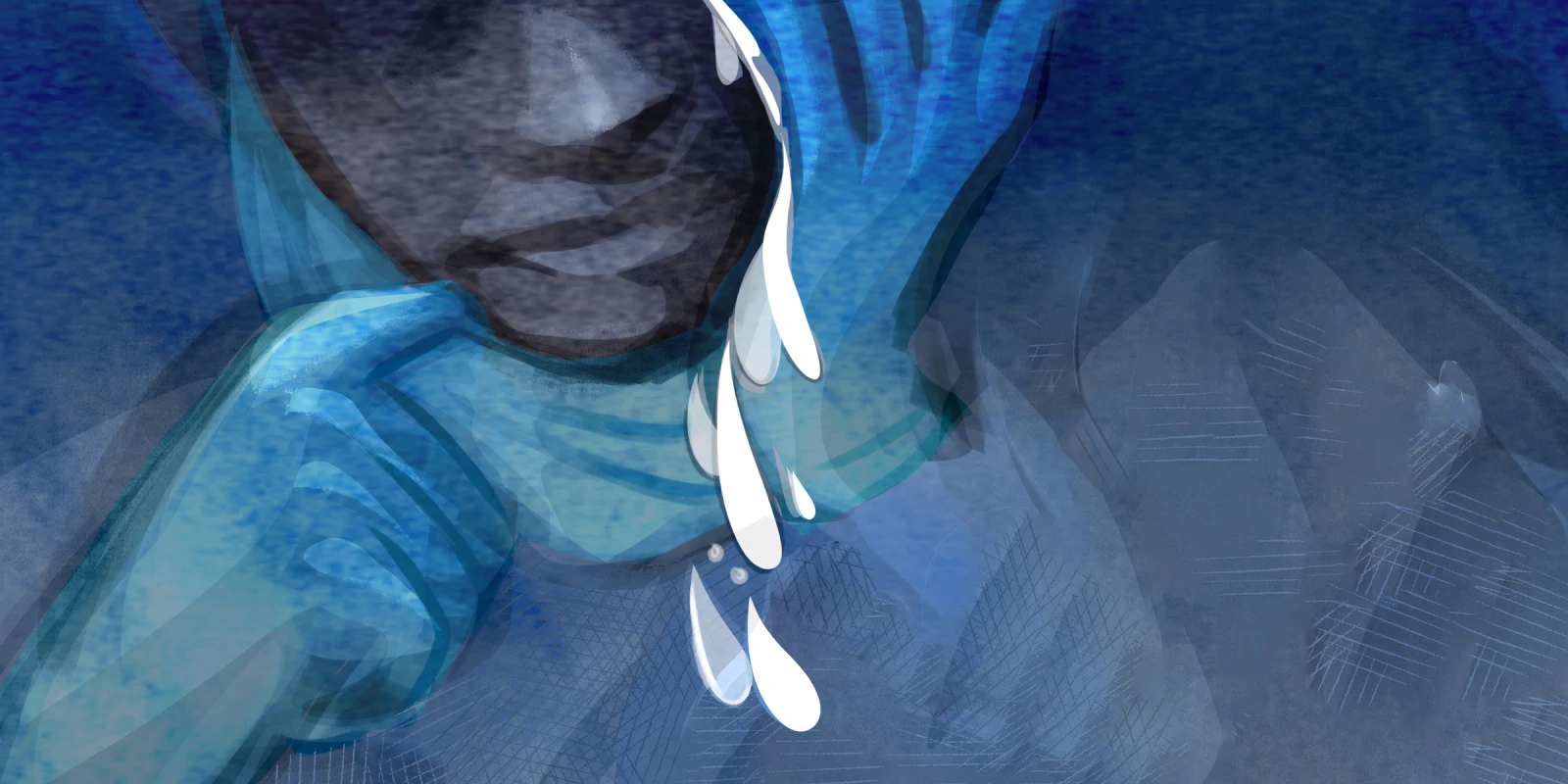Grief is a universal experience — one that transcends boundaries of culture, profession, and personal identity. For me, it became deeply personal when I lost my father, a moment that shattered my world. Yet, as an ICU doctor, navigating grief takes on a distinct and multifaceted complexity. We are no strangers to loss. Day after day, we witness patients taking their final breaths, families saying goodbye, and the delicate, fragile line between life and death. But nothing prepares you for the grief that comes with losing someone you love deeply.
Recently, my father passed away unexpectedly, and the profound weight of this loss has reshaped how I see everything — both as a son and as a physician. It has deepened my understanding of human fragility and the importance of compassion. As a physician, I approach patients and their families with greater empathy, recognizing their pain in a way I hadn’t fully grasped before. It has reminded me to cherish every moment, hold onto connections, and seek meaning in the shared experience of being human.
It was 10 a.m. when I got an unexpected call from my grandmother, telling me to head home as something had happened to my father. Stricken with confusion and an intense feeling of dread, I frantically called my mother, who answered, saying, “I think your father died,” and that she was doing chest compressions. Madly yelling, “What do you mean?” I could hear her frantic voice as she attempted to resuscitate him. Rushing down the hospital elevator and calling EMS, I dashed into the parking garage and drove like a madman. My mother’s voice echoed in my ears, “He is not coming back. He is not coming back.”
It took me 20 minutes to get to the house, only to find EMS on their sixth or seventh round of CPR and administering epinephrine. Deep down, I feared the worst — his face was pale, and it seemed as though he had been gone for some time. But I had to try. I took him to the hospital where I worked, desperately hoping he might be an ECMO candidate. He wasn’t. Shortly after arriving, he was pronounced dead. Within a few short hours, my father — the man I had relied on my entire life, the myth, and legendary doctor — was gone.
He was the person who helped others without asking for anything in return, whose career spanned over 40 years of medical consequence, philanthropic efforts, struggle, and perseverance. The man who, at 48 years old, decided to start from the bottom to protect his family. A man who never complained and required very little but gave so much. By any measure, anyone who met him or heard of him was astonished by his warm and wonderfully helpful spirit. How do I put into words what this loss means? The man who had been my foundation and compass was suddenly no longer there.
In the days following his passing, I returned to the ICU. I thought being in a space where I understood the rules of life and death might offer some stability. Instead, I found myself overwhelmed. Every beeping monitor reminded me of the countless times I had reassured families, holding their hands as they wept for their loved ones. And now, I was the one grappling with an irrevocable loss. The ICU became both a source of solace and a mirror of my own pain.
Grief is often described as a process, a journey with distinct stages. But for me, it feels more like waves — an unpredictable ebb and flow of emotions. Unlike the orderly progression of stages, the wave metaphor captures the chaos and repetition of grief. Some days bring calm while others bring crashing, overwhelming tides of sorrow. This perspective resonates more deeply in the ICU, where life’s unpredictability mirrors the nonlinear experience of grief.
In medicine, we’re taught to find solutions and act decisively. Yet grief offers no quick fixes. It demands patience, vulnerability, and the acceptance of an unfillable void.
What surprised me most about grieving as a physician was how it deepened my empathy. I now see my patients and their families in a different light. When they cry, I feel their sorrow, not as an outsider but as someone who intimately knows the ache of loss. I find myself pausing more, listening deeply, and offering comfort as a doctor and fellow human being. This vulnerability, while painful, has also been healing.
There is an unspoken pressure in medicine to be resilient at all costs. But grief has taught me that resilience is not about suppressing emotions — it’s about allowing yourself to feel, to mourn, and to seek support. For me, that support has come from colleagues who understand the weight of our work, friends who listen without judgment, and moments of solitude where I let my guard down completely.
Writing this piece is part of my healing process. Putting my emotions into words helps me find clarity amid the chaos of grief. By sharing my story, I hope to inspire others to embrace their grief and find their own paths to healing, knowing that they are not alone. It’s a way to honor my father’s memory while acknowledging the profound impact his loss has had on me and giving me a space to process the overwhelming emotions. If there’s one thing I’ve learned through this experience, it’s that grief doesn’t diminish you. Instead, it expands your capacity for love, understanding, and connection.
To my fellow physicians, I say this: It’s OK to grieve, to feel broken and vulnerable, and to remember that you are not alone in this journey. Share your stories, lean on your community, and remember that your humanity is your greatest strength. Through our collective experiences of loss, we can find meaning, comfort, and a more profound sense of purpose in our work.
Dr. Moe Ameri is a pulmonary and critical care medicine fellow at Baylor College of Medicine, dedicated to advancing patient care, medical education, and health care systems through leadership and innovation.
Illustration by April Brust







